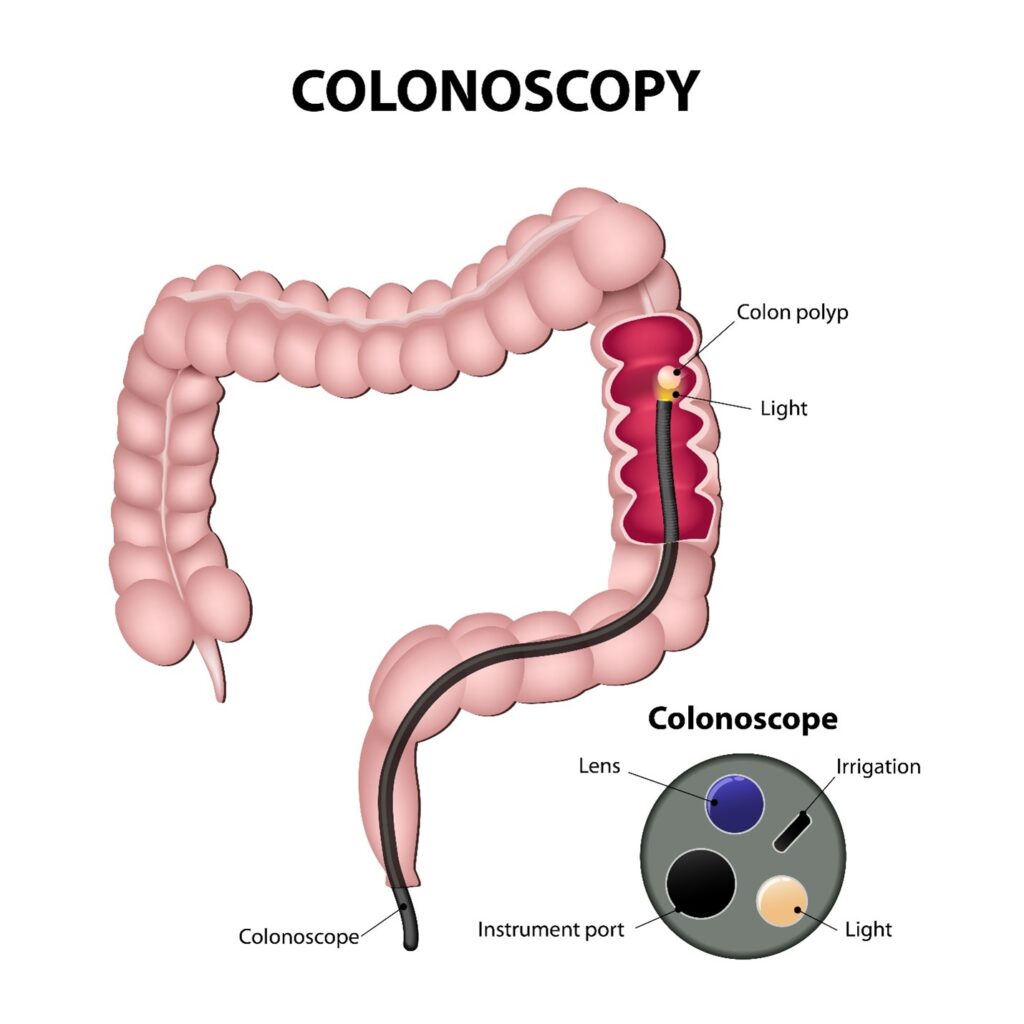No matter the medical condition, the best medicine of all is prevention. While many common medical conditions can be prevented by simply being proactive with lifestyle interventions such as diet, exercise, and the elimination of unhealthy habits, it remains imperative to stay consistent with regular doctor or medical provider checkups and screenings. The importance of remaining consistent with screenings is important for all ages, especially for those in the aging population.

In what follows, we’ll be detailing many of the most common screening tests for common medical conditions such as heart disease, colon cancer, breast cancer, lung abnormalities, and other health-related conditions.
Common Types of Screening Tests
Screening tests play an integral role in the monitoring, diagnosing, and preventing of the most common medical conditions. In the best of circumstances, screenings tell an optimistic story of excellent health. In other circumstances, screenings may provide early detection of a medical condition, another overall optimistic outcome.
Failure to obtain regular screenings, however, simply leaves your health to chance, which leaves no opportunity for improvement of any health condition.
Below are some of the most common types of screening tests for common medical conditions:
- Cologuard
- Colonoscopy
- Fecal Occult Blood Test
- Pap smear
- Mammography
- Stress Test
- Chest X-Ray and EKG Screening
- CBC and CMP Lab Tests
Cologuard
A Cologuard test, which is an increasingly more common screening test, seeks to identify or trace any signs of precancerous or cancerous polyps of the colon. It is a much less invasive test than a colonoscopy, which is an examination of the large intestine and rectum. A Cologuard screening test is a stool test that detects alterations in the DNA of cells from the inner lining of the colon.
With colon cancer being defined as the third most common cancer in America by the American Cancer Society, it’s important to obtain regular colon screenings, whether through a Cologuard test or colonoscopy.
Colonoscopy
An extremely common and effective screening test, a colonoscopy is a procedure that looks for the presence of colon irregularities such as swelling, irritation, polyps, or other lesions.

A colonoscopy is performed by a gastrointestinal specialist, and it examines the colon with an endoscope that has a small video camera and that provides a view of the entire colon. It also has small portals for instrumentation and biopsies of any irregularities or polyps that are identified. Colonoscopies are recommended in the 50+ population age group.
Fecal Occult Blood Test
To test for intestinal conditions or as a routine checkup, a doctor might recommend a fecal occult blood test, which is a stool sample. By looking for any sign of microscopic blood in the stool, a doctor can determine whether or not further testing should be performed.
A positive fecal occult blood test may be indicative of intestinal conditions such as hemorrhoids, ulcers, inflammatory bowel disease, and diverticulitis. This is a simple test that can be very helpful in identifying early signs of illness.
Pap Test
Since cervical cancer is among the most common forms of cancer in women, it’s important for women to seek regular cervical screenings to identify any sign of pre-cancer or cancer. Women above the age of 21 are also encouraged to have this screening test.
This cervical test is known as the Pap test, and it is performed by obtaining cells directly from the cervix to be tested. The Pap test is the premier test for identifying the possibility of cervical cancer, and if the test is positive, a biopsy will likely need to be obtained.
Mammography
Mammograms involve radiological technology that scans the entirety of the breast and captures a detailed image that the radiologist can then examine. This is a screening examination that has become the standard for breast cancer detection.
The age to begin such screening is best discussed with your primary care provider and will be based on risk factors and the current health of the individual.
Exercise Stress Test
Somewhat different from other medical screening tests, the stress test involves real exercise on behalf of the patient, typically on a treadmill. The individual’s heart is monitored during the activity to measure the heart’s capacity to pump blood efficiently during stressful exercise.
More specifically, the test measures the patient’s heart rate, breathing rate, blood pressure, and general fitness capacity. This test is extremely useful in the diagnosis of potential heart-related conditions.

EKG Screening
Heart disease is the most prevalent and fatal disease in America and the world, and a baseline EKG is extremely useful to help maintain good heart health. A screening EKG helps as a comparison tool for any future heart evaluation.
Other Routine Laboratory Tests
Other popular routine screenings used to evaluate the overall health and well-being of an individual include a Complete Blood Count and a Comprehensive Metabolic Panel.
These tests directly detect or help detect several diseases, infections, disorders, and abnormalities such as anemia, leukemia, liver disease, electrolyte imbalance, and diabetes. These tests also determine a baseline for future health evaluation for any primary care provider.
Final Thoughts
Screening tests for common medical conditions are both routine and highly recommended for all individuals. They are the pillars of preventative health.
